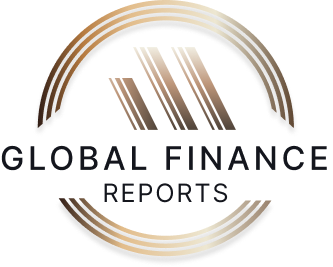Inflation Worries Persist as Consumer Prices Spike: A Closer Look at the Impact on Everyday Life
Introduction:
In recent times, the global economy has been grappling with a persistent concern – inflation. The alarming spike in consumer prices has sent shockwaves through various sectors, leaving individuals and businesses alike pondering the implications. As the world continues to navigate these uncertain times, it becomes crucial to delve deeper into the impact of rising inflation on our everyday lives. This article aims to shed light on the subject, exploring the consequences and potential strategies to mitigate its effects.
The Rising Tide of Inflation:
The array of headlines screaming about inflation worries is not without reason. Consumer prices have been skyrocketing, causing unease among consumers and policymakers alike. From essential commodities to luxury goods, the cost of living has witnessed a significant surge, leaving individuals grappling with the challenge of managing their budgets effectively.
Impact on Household Budgets:
The impact of inflation on household budgets cannot be understated. As prices soar, families find themselves grappling with the dilemma of maintaining their standard of living while ensuring financial stability. Basic necessities such as groceries, fuel, and housing have become more expensive, forcing individuals to make tough choices and potentially compromising on other aspects of their lives.
The Burden on Businesses:
While consumers bear the brunt of rising prices, businesses are not exempt from the challenges posed by inflation. Higher production costs, driven by increased raw material prices and wages, put pressure on companies to either absorb the additional expenses or pass them on to consumers. This delicate balancing act can have far-reaching consequences, potentially impacting employment rates and overall economic growth.
Investment and Retirement Concerns:
Inflation also casts a shadow of uncertainty over long-term financial planning. As the value of money erodes, individuals face the daunting task of safeguarding their investments and retirement funds. The need for proactive strategies to counter inflation’s impact becomes paramount, with experts recommending diversification, inflation-protected securities, and other investment vehicles to mitigate the risks.
Government Intervention and Monetary Policy:
In the face of mounting inflation concerns, governments and central banks play a crucial role in stabilizing the economy. Monetary policy adjustments, such as interest rate hikes, can help curb inflation by reducing consumer spending. However, striking the right balance is essential to avoid stifling economic growth. Governments must also address structural issues that contribute to inflation, such as supply chain disruptions and labor market challenges.
Conclusion:
As inflation worries persist and consumer prices continue to spike, it is imperative for individuals, businesses, and governments to collaborate and navigate these challenging times. Adapting to the changing economic landscape requires a proactive approach, with a focus on financial planning, investment diversification, and policy interventions. By understanding the impact of rising inflation on everyday life, we can strive to mitigate its effects and build a more resilient future for all.
